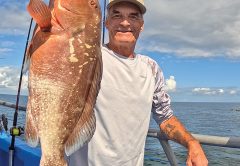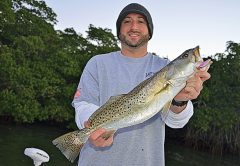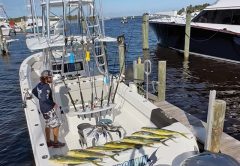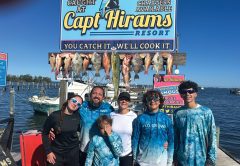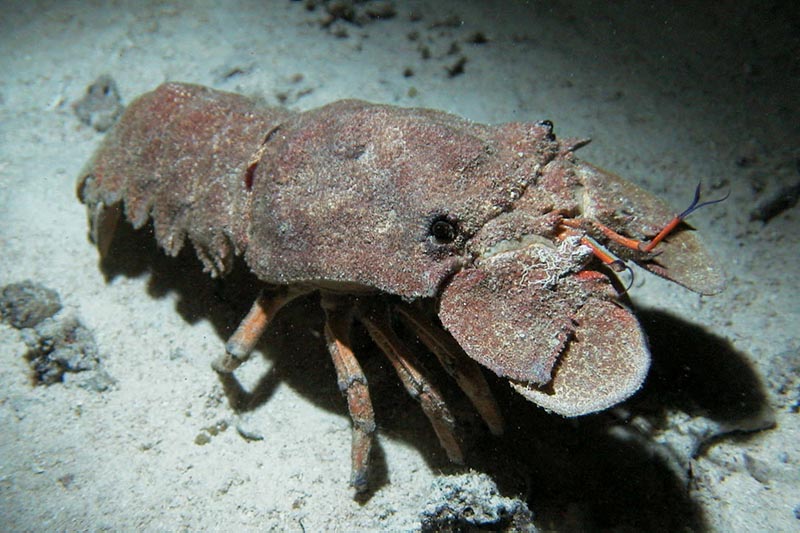
June marks the start of the BEST time for diving in south Florida and for some, their first dives of the year. Many locals consider themselves ‘fair weather’ divers and will only dive during the height of the summer when water temperatures are up, and seas are down. Luckily this time of year won’t disappoint! Everyone loves being offshore when boat wakes are the only waves to be found, making June the best time to experience what Florida diving has to offer.
Weather watchers may notice light west winds develop this time of year, especially in the afternoon. Since June marks the beginning of the rainy season in south Florida, the potential for strong afternoon thunderstorms should be taken into consideration. Captains should review how to handle white-out conditions with divers, should they surface in a rainstorm. Basic signaling devices such as safety sausages and whistles should be considered standard equipment and a plan should also be in place for when to activate coast guard assistance in the event of separation.
These offshore breezes influence obvious changes like thunderstorms activity and sea conditions but may also have a subtle impact on diving too. Believe it or not, south Florida experiences the coldest water temperatures during the hottest part of the year due to coastal up-wellings. These thermoclines maybe refreshing on hot days with bottom temperatures in the mid to low 70s, but stronger events have been reported with temps as low as the 50s being reported in years past. Always a smart idea to pack your wetsuit, even this time of year
Night dives are popular this time of year too. Pecks Lake just south of the St. Lucie Inlet in Stuart or the shallow reefs just off the beach north of Fort Pierce Inlet make for excellent twilight and night dives since access is easy and boat rides are short. When water is clear captains can easily monitor divers on the bottom 20 feet below. Avid night divers know lobster are nocturnal and although spiny lobster season is closed this time year, many divers are surprised to find out other species of lobster are still fair game. Spotted lobster (aka Spanish lobster), slipper lobster and shovel-nose lobster are unregulated and therefore have no closed season or bag limit on the east coast of Florida. Take note that all species of egg bearing female lobster are still protected from harvest. Spotted lobsters are significantly smaller than traditional spiny lobster and are frequently found hanging up-side down under rock ledges and cracks. A net is the best tool to capture them. Shovel nose and slipper lobster are easy to grab by hand and are commonly found is pairs. Divers are wise to look closely for more if one is found.
FORECAST BY: Steve Wood
Deep Six Watersports – Stuart
(772) 288-3999 Stuart
(772) 562-2883 Vero
Email: Steve.wood@deepsix.com
Website: www.deepsixintl.com

